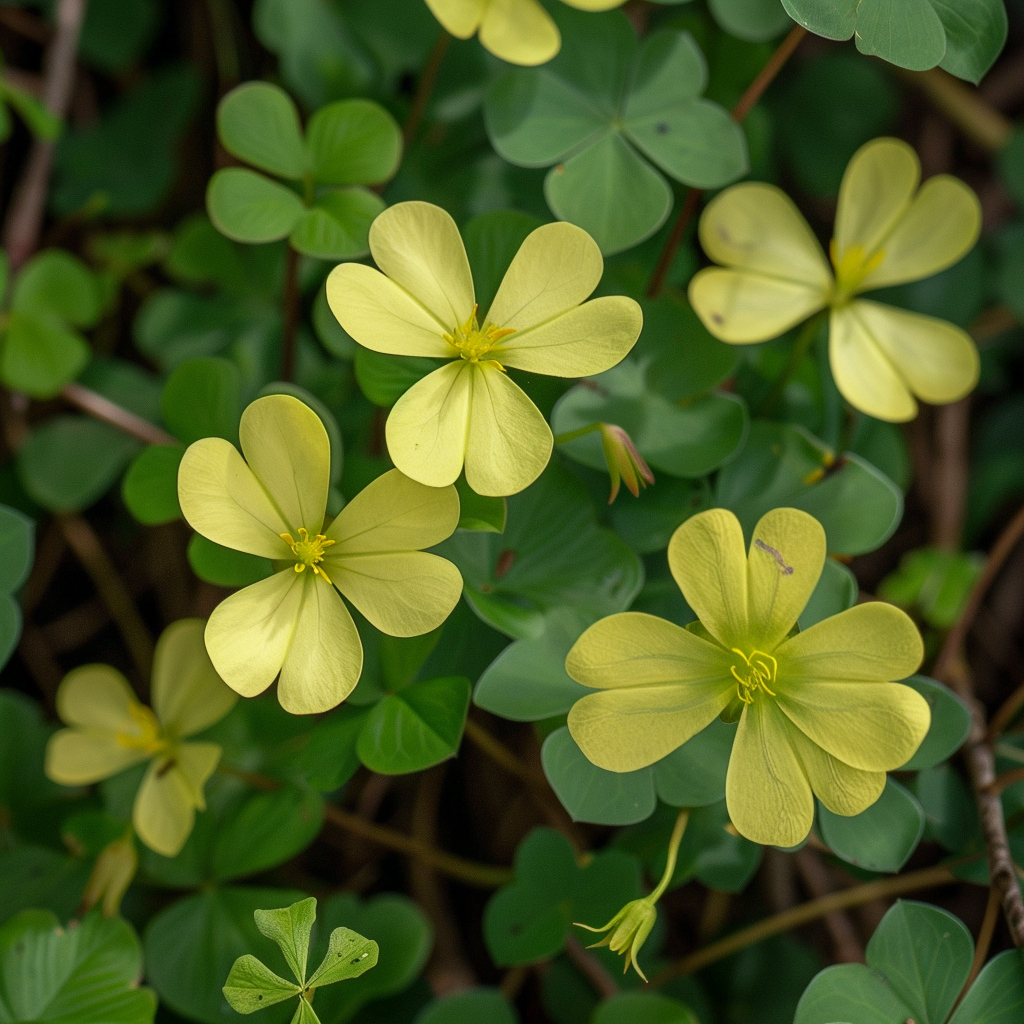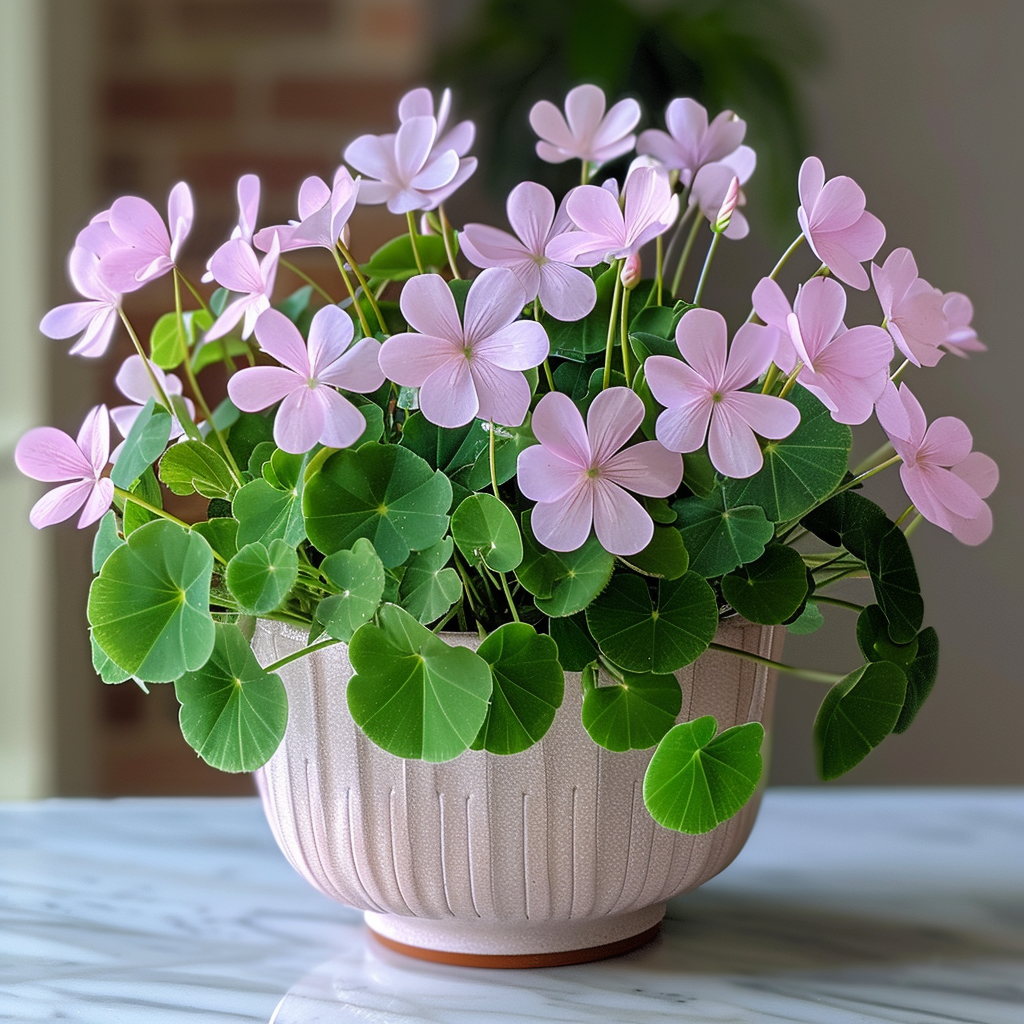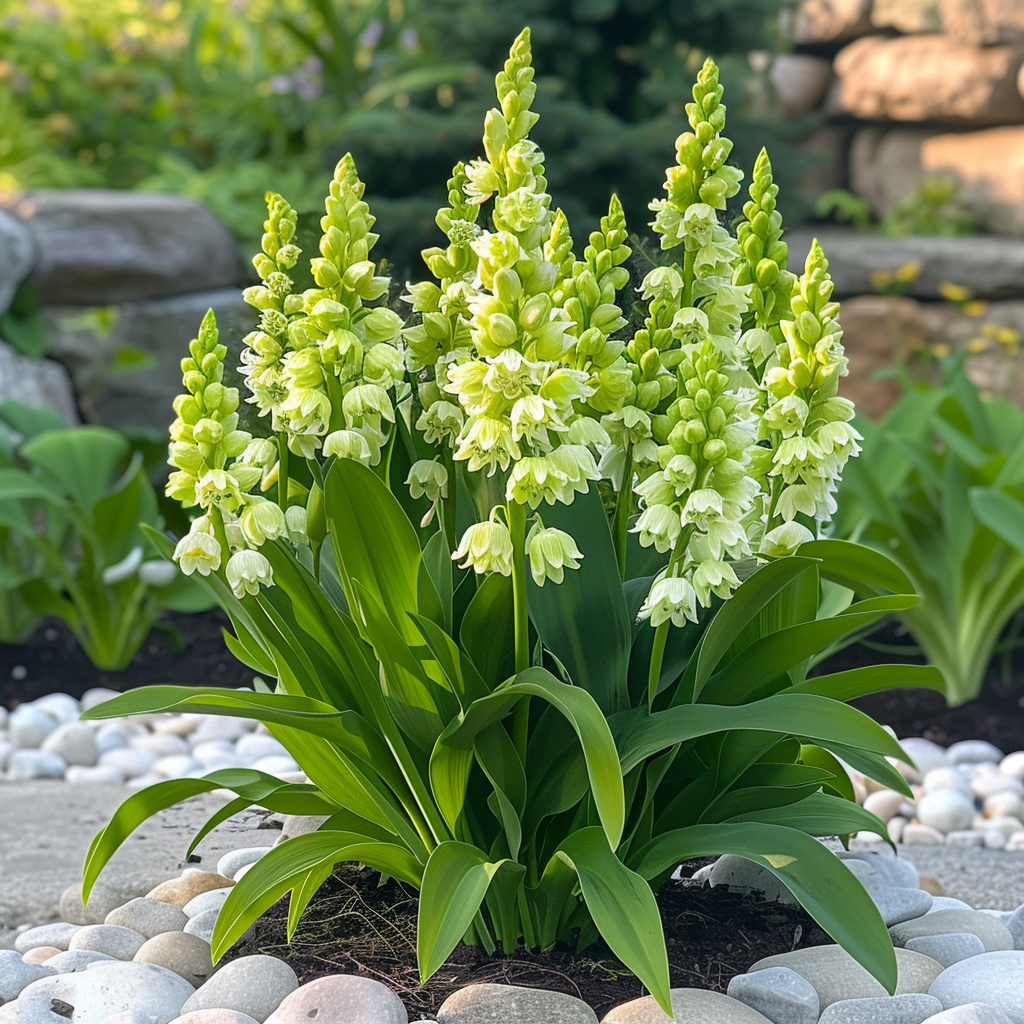Welcome to the Houseplant Care Challenge! Are you a green thumb guru or just starting your plant journey? Test your knowledge with these questions and see if you can solve common plant care problems. Let’s see how well you know your leafy friends! 🌱✨
What is the best way to propagate a houseplant?

All three methods are viable for propagating houseplants. Seed propagation is often used for specific plant varieties, cuttings are a popular method for many houseplants, and division is suitable for clumping plants. The best method depends on the plant species and your personal preferences.
Which of these is NOT a common houseplant pest?

Slugs are primarily outdoor pests. They prefer moist environments and are unlikely to thrive indoors, especially in the drier conditions of a typical houseplant setting.
What is the best way to repot a houseplant?

Repotting a plant when its roots are circling the pot provides it with more space to grow and prevents rootbound issues.
What is the best way to prevent root rot in houseplants?

Root rot is caused by overwatering, which creates an environment where harmful bacteria and fungi can thrive. Using a pot with drainage holes and allowing the soil to dry slightly between waterings helps prevent excess moisture and reduces the risk of root rot.
What is the best way to check if a plant needs watering?

The most reliable way to determine if a plant needs water is to feel the soil. Stick your finger about an inch into the soil. If it feels dry, it's time to water.
What is the most common reason for houseplants to develop brown leaf tips?

Low humidity is the most common reason for brown tips on houseplants. Indoor air tends to be drier, especially during winter when heating systems are running. When the air is dry, the plant's leaves lose moisture faster, leading to brown, crispy tips.
What is the best way to encourage flowering in houseplants?

Many houseplants require a period of cooler temperatures and reduced light to trigger flowering. This simulates the natural changes in seasons that encourage blooming.
What is the best way to deal with pests on houseplants?

While pesticides can be effective, they can also harm beneficial insects and potentially be harmful to your plants. It's best to isolate the infested plant to prevent the spread of pests and try natural remedies first. Insecticidal soap and neem oil are effective against many common houseplant pests.
Share your Results:
How did you do? Whether you’re a plant pro or still learning the ropes, there’s always something new to discover in the world of plant care. Share your score and any tips you have in the comments below. Plus, don’t forget to check out our Plant Quiz: Your Plant Personality Revealed!!. Happy growing! 🌼💚





